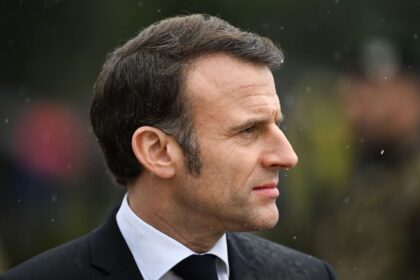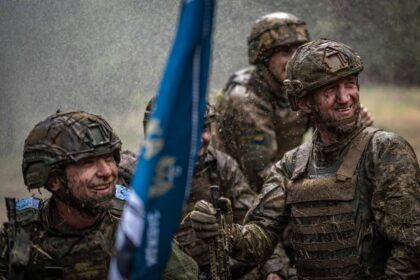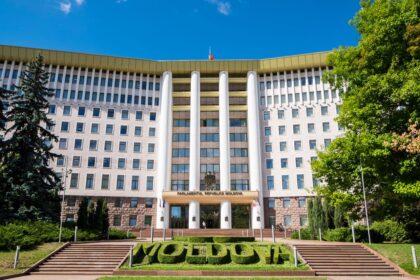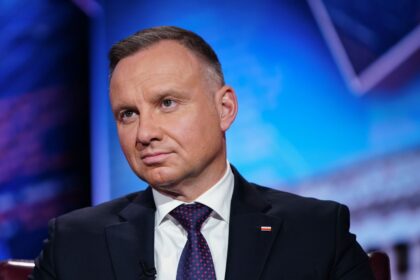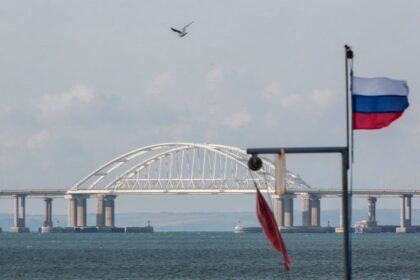**Germany Gives Russia Ultimatum on Ceasefire in Ukraine**
In a move to put pressure on Russia, Germany has given Moscow until the end of May 12 to agree to a ceasefire in Ukraine. If Russia fails to comply, Berlin will begin preparations for new sanctions, government spokesperson Stefan Kornelius warned during a briefing.
The ultimatum comes after Russia refused a 30-day unconditional ceasefire proposal made by Ukraine and its allies last week. This demand was the main outcome of talks between Ukraine, France, Germany, the UK, and Poland. The talks were held when European leaders visited Kyiv, and President Volodymyr Zelensky announced this as the key takeaway.
**Russia’s Refusal Sparks New Sanctions Threat**
Over the past 24 hours, Russian attacks have injured at least 22 people in Ukraine. This includes seven people who were hurt in drone attacks overnight on May 12 – a day from which the 30-day unconditional truce was supposed to start. The Kremlin continues to insist on negotiations without an unconditional ceasefire.
In a press conference early on May 11, Russian President Vladimir Putin invited Ukraine to resume talks. However, these talks would be based on previous discussions in Istanbul and the “current situation on the battlefield.” Putin’s proposal does not include an unconditional ceasefire, which is what Ukraine has been pushing for.
**Ukraine Stands Firm on Ceasefire Demand**
President Zelensky has announced his readiness to meet with Putin in Turkey on May 15. He reiterated Ukraine’s proposal for a complete and unconditional ceasefire starting from May 12. However, the Kremlin has not responded to this offer.
This stalemate highlights the ongoing tensions between Russia and Ukraine. The international community continues to call for an end to hostilities and a negotiated solution to the conflict. With Germany threatening new sanctions if Russia fails to comply with the ultimatum, it remains to be seen how Moscow will respond.
**Commentary**
The situation in Ukraine remains volatile, with both sides digging in their heels. The international community is increasingly frustrated by Russia’s refusal to accept an unconditional ceasefire. As tensions escalate, the risk of further violence and bloodshed grows. It’s essential that all parties engage in constructive dialogue to find a peaceful solution.
**Deeper Analysis**
This ultimatum from Germany highlights the growing frustration with Russia’s actions in Ukraine. The international community is uniting behind Ukraine, and it seems that countries are willing to take more significant measures against Moscow if it continues down this path. However, until there is a genuine willingness on both sides to engage in meaningful negotiations, the conflict will likely continue.
The fact that Putin’s proposal does not include an unconditional ceasefire raises questions about Russia’s intentions. Is it genuinely interested in finding a peaceful resolution, or is it simply trying to create the illusion of diplomacy while maintaining its military advantage? Only time will tell, but one thing is certain – the international community must remain vigilant and continue to support Ukraine as it seeks peace.
Read More @ kyivindependent.com





